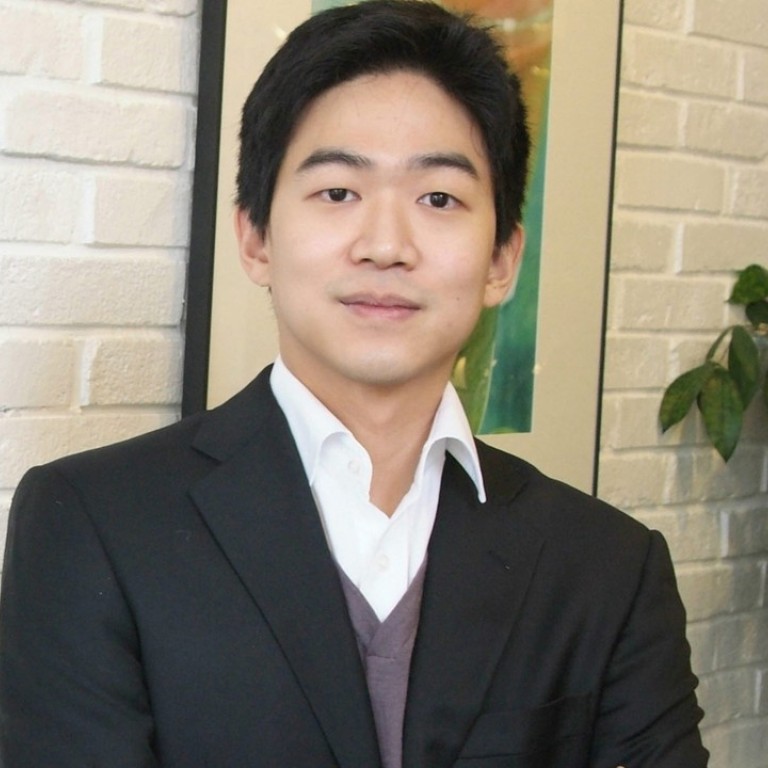
CHOBI branches out to bring its expertise to farmers around the world
Founded in 1955, CHOBI made its industry imprint by being the first in South Korea to register a patent for slow-release fertiliser technology in 1985
Increasing global food security issues arising from high population growth and climate change are prompting the fertiliser industry to provide improved and more efficient products.
Rising to the challenge is South Korea’s leading fertiliser company CHOBI, which has relied on extensive research and development (R&D) to develop multifunctional compound fertilisers intended to enhance crop productivity and quality while reducing labour inputs and environmental impact.
Founded in 1955, CHOBI made its industry imprint by being the first in South Korea to register a patent for slow-release fertiliser technology in 1985.
Compared to conventional fertilisers, slow-release fertilisers are better in providing sufficient nutrition for the growth period of crops using a single application, thereby lowering labour costs while optimising nutrient efficiency. Slow-release fertilisers from CHOBI are noted for their more consistent size and mass versus other brands, making their accurate application easier.
“Our innovativeness combined with our strong understanding of farmers’ needs set us apart,” says Lee Yong-jin, CEO. “These complementary strengths lead to the offering of value-added fertilisers that keep us competitive and will drive our overseas expansion.”
Apart from slow-release fertilisers, CHOBI provides soil conditioners and sand soil microbial products, water-soluble fertilisers and organic fertilisers to enhance growers’ productivity. It is also the supplier of MCF (for Matrix Controlled Fertiliser), a revolutionary type of controlled-release fertiliser.
NPK (or nitrogen, phosphorus and potassium) is slowly released out from the granule when the polymer matrix is being decomposed and the occurrence of ion-exchange acts on the surface of the adsorbent and organic materials.
CHOBI is a subsidiary company of Kyung Nong, one of South Korea’s leading agro-chemical manufacturing companies with more than half a century of expertise. One of Kyung Nong’s breakthrough innovations is FarmWorld, the first virucide in the world.
FarmWorld is an anti-viral agent effective against plant viruses such as the tobacco mosaic virus, which seriously damages crops such as tomato and pepper. It is part of Kyung Nong’s portfolio of non-chemical crop protection products, which are made of microbes or plant extracts and included in the Korean Eco-Friendly Crop Protection List.
Local tests for registration of FarmWorld are continuing in the United States, Vietnam, Indonesia, Thailand and Malaysia. This virucide is suitable to address plant growth problems common in East Asia with the region’s high temperatures and humidity.
Kyung Nong manufactures more than 250 different crop protection products including insecticides, fungicides, herbicides, plant growth regulators and biological products through hi-tech formulations with expertise.
In addition to crop protection products, Kyung Nong provides irrigation systems and professional consulting services. Kyung Nong has two other subsidiaries: Dongoh Seed in the seed business and Global Agro in the biological product business. Global Agro’s representative product is Smart water, which can be used to manage crop water shortages.
“Together with our parent company, our focus has always been on alleviating the difficulties of farmers not only here in South Korea, but abroad as well,” Lee says. “We strive to become a total solutions provider to the agricultural industry.”
With about 8 per cent of its annual revenues set aside for R&D, CHOBI and Kyung Nong closely collaborate with renowned universities and government research institutions to develop
more easy-to-use products to cut agricultural costs, while increasing crop productivity and quality and ensuring safety of users, consumers and the environment.
CHOBI is also continuing efforts to formulate fertilisers that are suitable to the climate and agricultural conditions of East Asia. CHOBI has an overseas business team to communicate
with distributors and local farmers to better understand their obstacles and help find solutions.
“We are looking for overseas partners, both for R&D and distribution, to bring our expertise and high-quality products to reach more growers around the world, particularly in East Asia,” Lee says. “Potential partners should share our vision of truly improving the plight of farmers.”
